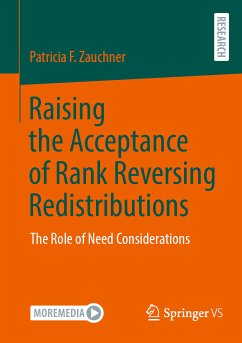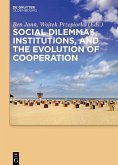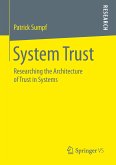Redistribution is a major objective of welfare states. In certain cases, redistribution not only reduces the financial differences between some individuals or groups but also changes their positions in a financial ranking. Prior studies have indicated that such rank reversals can reduce support for redistribution. This book addresses this issue by arguing that if redistribution is aimed at meeting needs rather than promoting equality, the negative effect of rank reversals on the acceptance of redistribution can be reduced. The argument is first supported by a theoretical exploration, which, among others, endeavors to incorporate a no-reranking principle into the well-established list of distributive justice principles. It shows that although individuals may apply the no-reranking principle, the principle is normatively weak, especially compared to the need principle. The argument is further supported by evidence from an online third-party dictator game in which each decision-maker had to redistribute money between two other participants. It varied whether those participants were above or below a specific needs threshold and whether a transfer would reverse ranks or not. The results showed that when redistribution was required to satisfy the poorer person's needs, the negative effect of rank reversals on the acceptance of redistribution almost vanished.
About the author
Patricia F. Zauchner is a postdoctoral researcher at SOCIUM, University of Bremen.
Dieser Download kann aus rechtlichen Gründen nur mit Rechnungsadresse in A, B, BG, CY, CZ, D, DK, EW, E, FIN, F, GR, HR, H, IRL, I, LT, L, LR, M, NL, PL, P, R, S, SLO, SK ausgeliefert werden.









